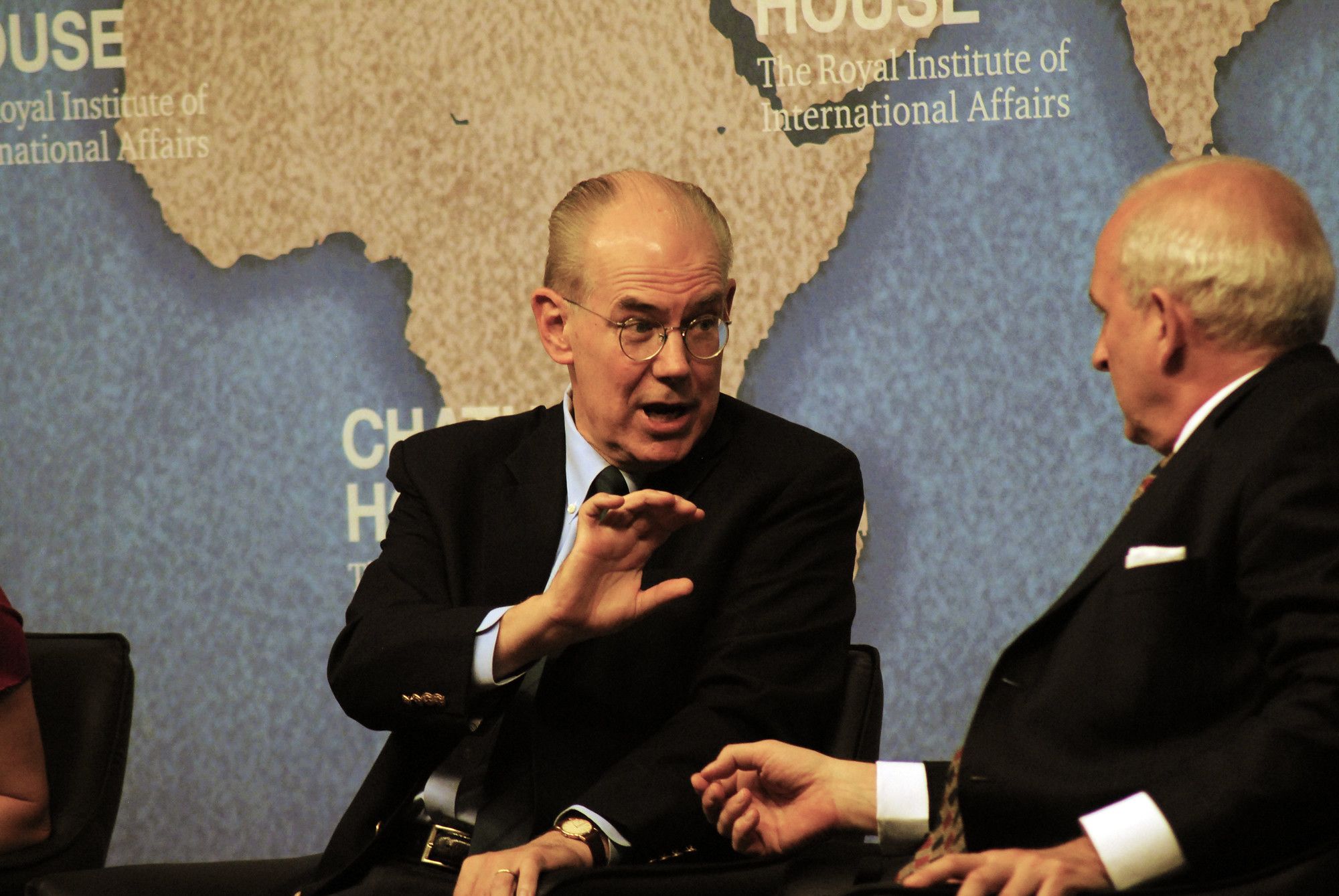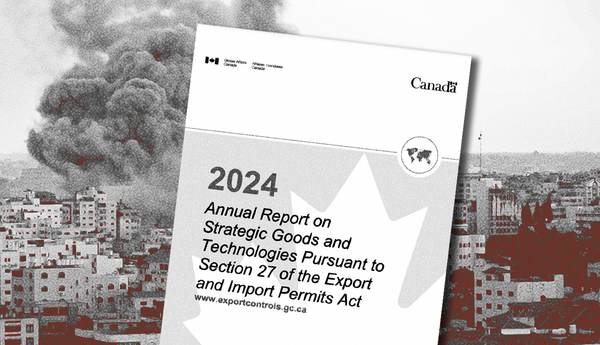In the past few years, a rhetorical tool that serves as a useful means to silence an opponent or end a debate has become increasingly popular. It often plays out like this: someone tries to explain how the actions of one party in a conflict are responsible for another’s reaction, and then is accused of endorsing said reaction.
Russia’s invasion of Ukraine is a great example of a conflict where this tool has been widely employed, with those that have dared to point out that NATO provocations and agitations played a role in the war beginning being deemed Putin apologists.
Popular international relations theorist John Mearsheimer, who was standard reading in my first year of studying political science and is by no means a radical, has been condemned as an apologist for Russia for providing a realist international relations account of the crisis. Some students at the University of Chicago called for action against Mearsheimer, accusing him of “propagating Putinism.” The Ukrainian government also placed him on a blacklist of “Russian propagandists.” Mearsheimer has rejected these accusations, and has claimed he has simply offered a different account of the conflict, but has not done so to support the Russian government.
Realism is a standard theory international relations students learn. Mearsheimer’s theory of offensive realism, put simply, postulates that states are incentivized to pursue power for the sake of their security interests. He used this framework to explain NATO expansion as a perceived existential threat to Russia, arguing that Russia’s actions were motivated by a security interest.
One may disagree with a realist account of Russia’s actions or of international relations in general. There are certainly other theories in international relations that explain things differently, and think states are more prone to cooperation than someone like Mearsheimer might. But to say that the international relations-style explanation for the conflict itself is an endorsement of invading another country is absurd.
Nonetheless, this rhetoric isn’t new.
After 9/11, some attempted to explain the attack as a matter of blowback. For example, in 2013, Ron Paul, a former Texas congressman, argued that 9/11 was a consequence of decades of bad foreign policy in the Middle East. Shortly after, the mainstream media chided him. They didn’t simply attempt to dispute his causal explanation, but rather used morally loaded language to attack him, accusing him of implying the attack was deserved or that the victims “had it coming.”
This isn’t limited to the United States. Recently, the University of Calgary’s School of Public Policy published a list of “Russian-influenced” social media accounts. This included, for example, Canadian journalist Aaron Maté, who has argued that Russia’s actions were provoked by years of intervention in the region. While this view might be construed as being aligned with the Russian government, Maté, in his work on the topic, writes that Russia’s invasion “cannot be excused,” and claims it’s illegal. It’s not enough to deem a country’s actions as illegal or inexcusable, however. What was once doing basic international relations — assessing provocations that lead to wars — is now Russian disinformation.
Frankly, it’s insulting to expect that anyone who knows anything about foreign policy should think it has no consequences. But that’s exactly what we’re supposed to think. No matter what we do, the only publicly acceptable cause we can offer for the backlash we face is, ‘They did it because they hate us.’ Anything more complex than that is viewed as a moral endorsement of said actions. And in our current conversations, saying anything more nuanced than ‘Putin invaded Ukraine because he’s a bloodthirsty maniac’ is received as an endorsement of the war.
There are a few reasons as to why this inclination is so popular. One is that our education system has genuinely failed to teach us the distinction between making descriptive and normative arguments. If you describe something without importing a moral judgement onto it, one will be inferred for you in the least charitable way possible.
Our culture is also inundated with superhero films, caricatured notions of good and evil, and an inability to tolerate or think through moral ambiguity. There’s no way to attempt to explain something without a demand that you give a moral evaluation to ensure you’re on the ‘right side.’ Political science can’t simply be about an attempt to conceptualize and explain political phenomena — it has to be a signal of your membership in a respectable ideological enclave.
It’s concerning that citizens who scrutinize their government’s actions and attempt to attribute any personal responsibility for the reaction to them are ostracized. This is bound to have a chilling effect, and lead both academic and political discourse to close imaginations. The academy, in shunning those like Mearsheimer, sends the message that it wants its students to believe what is deemed the right thing in a current political moment. It doesn’t want to teach students what used to be a core tenet of philosophical and political education: we can hold similar values but have varying causal accounts of an event or conclusions.
Nonetheless, those of us concerned with truth and open discourse must continue to emphasize that differing accounts of issues are vital, not immoral. We should recognize efforts to shun alternative accounts of events for what they are: a panicked attempt to create and maintain a single consensus.






